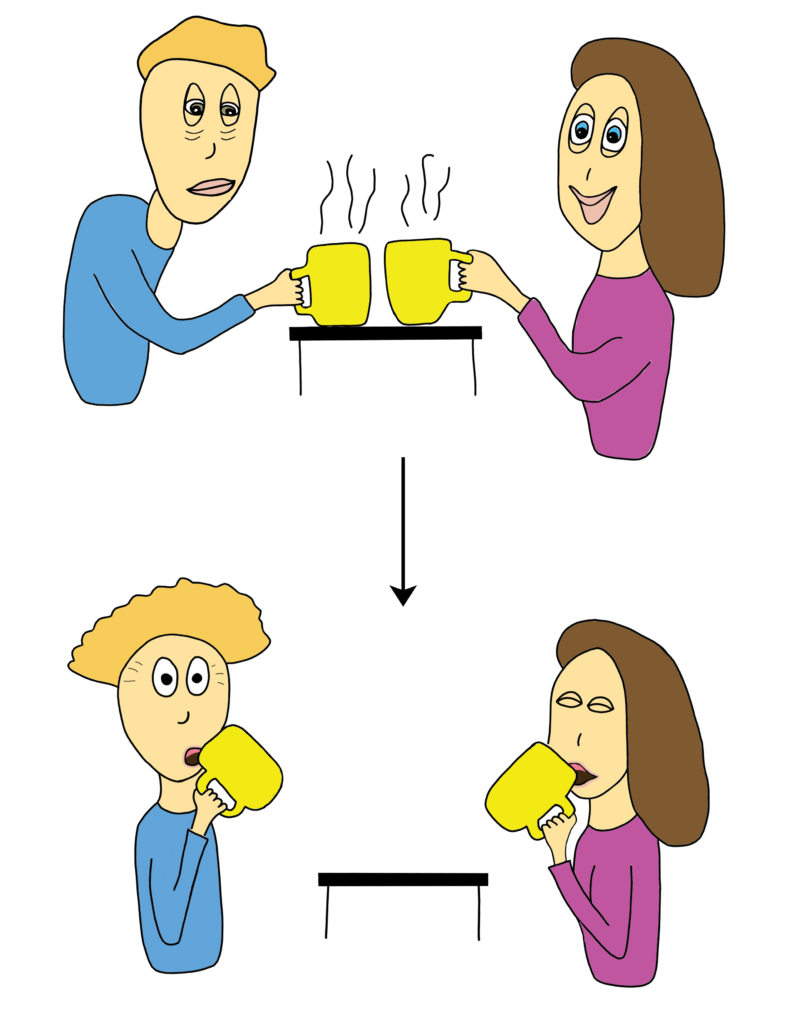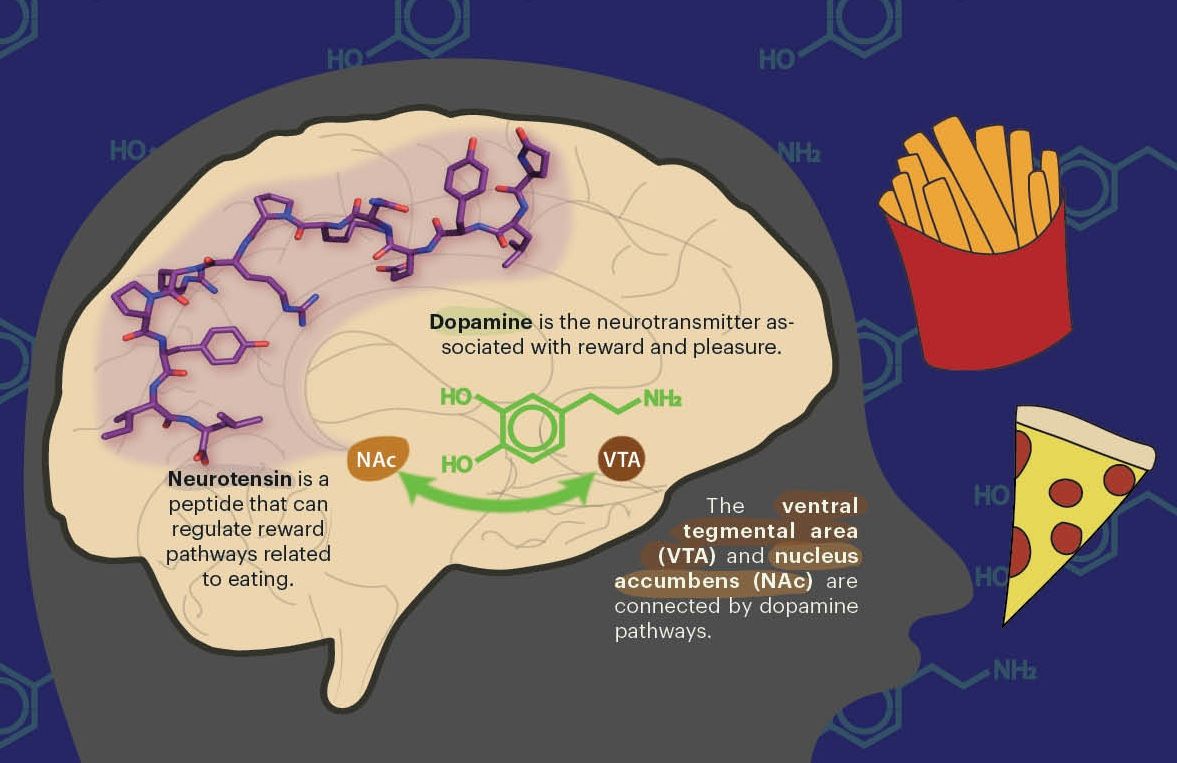 Lack of sleep can reduce pain tolerance and lead to higher temperature sensitivity. Image Design: Alexandra Ramsey.
Lack of sleep can reduce pain tolerance and lead to higher temperature sensitivity. Image Design: Alexandra Ramsey.
Many are a bit cranky after a poor night’s sleep, but the physical side effects may be more painful that we realize. Connections between sleep disruption and pain are known, however, the brain's mechanisms and the effects of even minor sleep disruptions have remained mysterious. Adam Krause, a PhD candidate in Professor Matthew Walker’s Center for Human Sleep Science, and his colleagues recently investigated the relationship between pain and sleep further.
In the study, participants slept one night and were sleep deprived another night. After each night, heat was applied to participants’ legs while brain activity was monitored. Krause found that sleep deprivation lowered the participants’ pain threshold—a lower temperature was more readily deemed painful. In addition, they found that sleep deprivation increased activity in the part of the brain that registers painful stimuli and decreased activity in the part that evaluates and regulates pain. Essentially, a lack of sleep makes us more sensitive to pain and less able to regulate it.
To see if pain is affected by natural day to-day variations in sleep, Krause and his colleagues also studied participants who kept sleep diaries and reported the magnitude of physical pain they experienced. A decrease in sleep quality, but not quantity, was associated with an increase in pain.
These findings suggest that using medicines that affect quality of sleep could be counterproductive in treating pain. Krause explains simply, “Sedation is not sleep.” Managing pain by protecting sleep is a small intervention that can have a big impact.
This article is part of the Spring 2020 issue.





